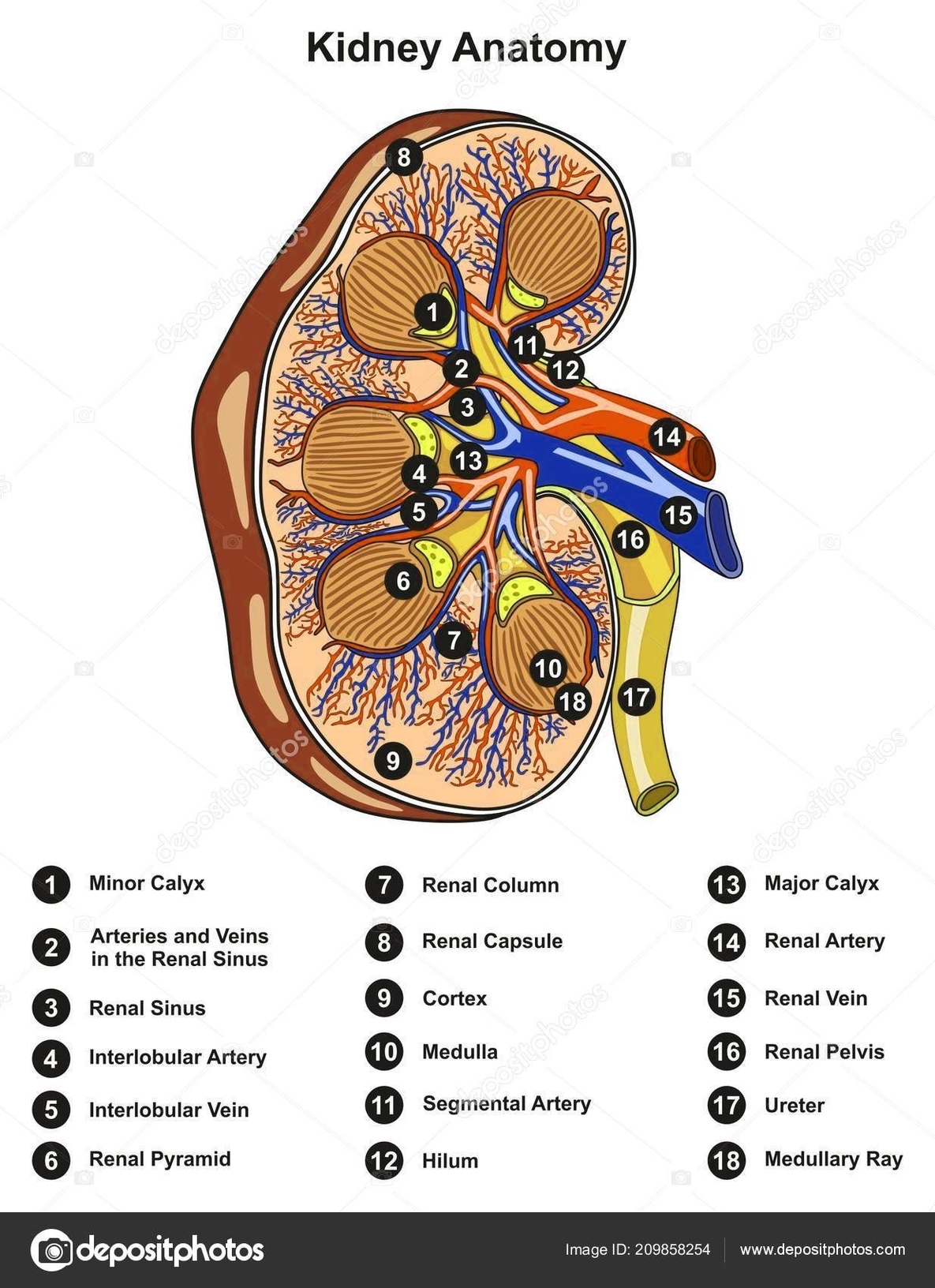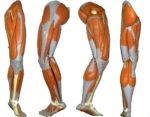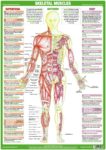Human Heart Anatomy
The human heart, a vital organ in the circulatory system, is a four-chambered double pump that circulates blood throughout the body. It is approximately the size of a closed fist and is located between the lungs, in the middle compartment of the chest, called the mediastinum.
tructure
The heart consists of several layers of a tough muscular wall, the myocardium. A thin layer of tissue, the pericardium, covers the outside, and another layer, the endocardium, lines the inside. The heart cavity is divided down the middle into a right and a left heart, each subdivided into two chambers.
Chambers
The upper chamber is called an atrium (or auricle), and the lower chamber is called a ventricle. The two atria act as receiving chambers for blood entering the heart; the more muscular ventricles pump the blood out of the heart.
Valves
The heart valves ensure that the blood keeps flowing in the right direction. They prevent the backflow of blood and maintain unidirectional blood flow through the heart.
Circulation
The heart, although a single organ, can be considered as two pumps that propel blood through two different circuits. The right atrium receives venous blood from the head, chest, and arms via the superior vena cava and from the abdomen, pelvic region, and legs via the inferior vena cava. Blood then passes through the tricuspid valve to the right ventricle, which propels it through the pulmonary artery to the lungs.
Conclusion
The human heart, with its complex structure and function, is a marvel of biological engineering. Its ceaseless work maintains the circulation of blood, supplying oxygen and nutrients to every cell in the body. Understanding its anatomy and function is crucial to comprehending many aspects of human health and disease..



